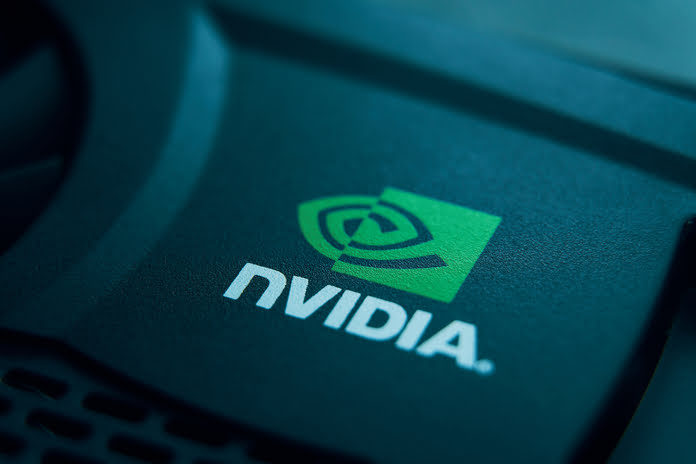Shares of Nvidia (NASDAQ:NVDA), a key player in the semiconductor industry, have dropped 28.6% from their all-time highs, bringing the company’s market cap to $2.47 trillion. The recent decline has been driven by a combination of macroeconomic concerns, including fears of a U.S. recession, interest rate hikes in Japan, and escalating geopolitical tensions.
Adding to these pressures, reports over the weekend revealed that Nvidia’s next-generation artificial intelligence (AI) chips will be delayed by three months, with mass shipments now expected in early 2025. The delay stems from a design flaw discovered late in the production process. Earlier this year, Nvidia introduced its Blackwell (B200) line of chips, which are designed to perform AI tasks at double the speed while consuming less energy.
Despite the recent pullback, Nvidia’s stock has still delivered impressive returns in 2024, with shares up 108% year-to-date.
Blackwell Chips Are Crucial for Nvidia’s Future
Nvidia has announced plans to ramp up production of its Blackwell chips in the second half of the year, while continuing to supply its H100 chip series to major hyperscaler clients such as Microsoft (NASDAQ:MSFT), Alphabet (NASDAQ:GOOGL), and Meta Platforms (NASDAQ:META).
Investment bank Barclays projects that hyperscalers could spend close to $500 billion over the next two years to expand their computing infrastructure and gain a competitive edge in the AI space. Nvidia had been counting on strong demand for its Blackwell chips to drive sales in the third quarter of fiscal 2025, ending in October. Analysts anticipate that Nvidia’s strong market share and the introduction of these next-gen AI chips will push its data center sales to $150 billion by fiscal 2026.
Despite the unexpected delay, Goldman Sachs analyst Toshiya Hari has reiterated a “conviction buy” rating on Nvidia, setting a target price of $135. He believes that while the delay could lead to short-term volatility, with potentially muted growth in the last two quarters of fiscal 2025, the expected surge in sales in fiscal 2026 should more than compensate, helping Nvidia maintain its competitive advantage.
Analysts at Citi and Bernstein have also weighed in, suggesting that continued high demand for Nvidia’s Hopper chips could help mitigate any revenue losses resulting from the Blackwell production delays.
Is Nvidia Stock Still Overvalued?
Since October 2022, Nvidia shares have surged roughly 800%, raising concerns among value investors about the stock’s valuation.
However, Nvidia’s growth narrative remains robust. In May, the company projected fiscal Q2 sales of $28 billion, a significant increase from $13.5 billion in the same period last year. Nvidia’s revenue grew from $26.95 billion in fiscal 2023 to $60.9 billion in 2024, and consensus estimates suggest it could reach $120.6 billion in fiscal 2025 and $166.18 billion in fiscal 2026.
Moreover, analysts forecast that Nvidia’s adjusted earnings will grow from $1.31 per share in 2024 to $7.70 per share by 2029. If Nvidia stock is valued at 30 times forward earnings, it could trade around $230 per share by August 2028, indicating a potential upside of 130% from current levels.
Among the 39 analysts covering Nvidia, 33 recommend a “strong buy,” two recommend a “moderate buy,” and four suggest holding. The average target price for Nvidia stock is $141.29, about 38% higher than its current trading price.
Featured Image: Megapixl



